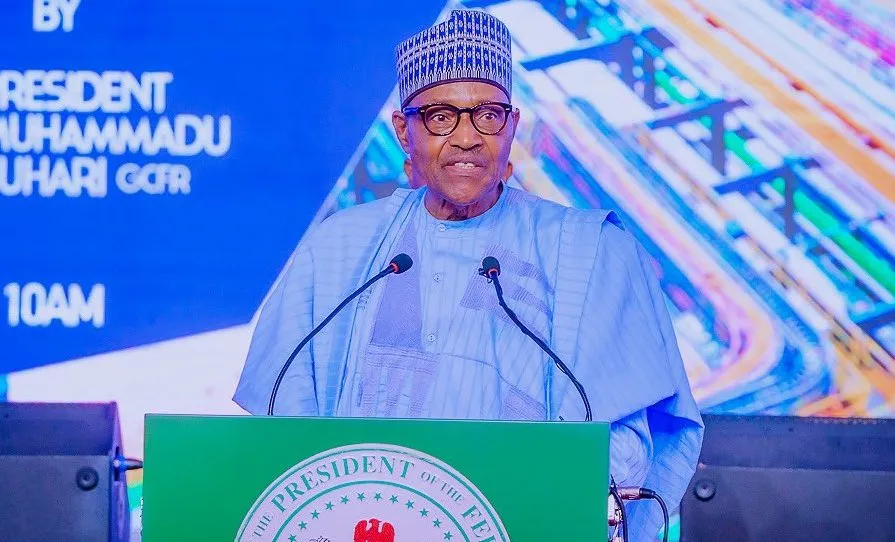
Nigeria observed a solemn day of national mourning on Tuesday as the nation laid to rest former President Muhammadu Buhari, who died on Sunday in London at the age of 82 following a prolonged illness.
The Nigerian federal government declared July 15 a public holiday to allow citizens to participate in state funeral proceedings held in Buhari’s hometown of Daura, in Katsina State. His remains, flown in from the United Kingdom, were interred in accordance with Islamic rites at midday.
The announcement was made in a statement on Monday by presidential spokesman Bayo Onanuga, who confirmed that an extraordinary session of the Federal Executive Council (FEC), originally set for Tuesday, had been postponed. A new date is expected to be communicated by the Secretary to the Government of the Federation.
President Bola Ahmed Tinubu paid tribute to his predecessor’s enduring legacy, describing Buhari’s contributions to national development as “invaluable,” particularly in the fields of security, anti-corruption efforts, and infrastructure.
In honour of the late statesman, President Tinubu also declared a seven-day period of national mourning. Flags were flown at half-mast across the country in a display of collective grief and national remembrance.
Vice President Kashim Shettima and Chief of Staff Femi Gbajabiamila were dispatched to London to convey the government’s condolences to the Buhari family and to accompany the former president’s body home.
Muhammadu Buhari served as Nigeria’s head of state twice—first as a military ruler from 1983 to 1985 and later as an elected civilian president from 2015 to 2023.
Known for his austere leadership style, anti-graft campaigns, and prioritisation of infrastructural development, Buhari remains one of the most influential figures in Nigeria’s modern political landscape.
As Nigeria bids farewell, Buhari’s legacy continues to stir both admiration and reflection across a nation shaped by his decades-long imprint on its history.



